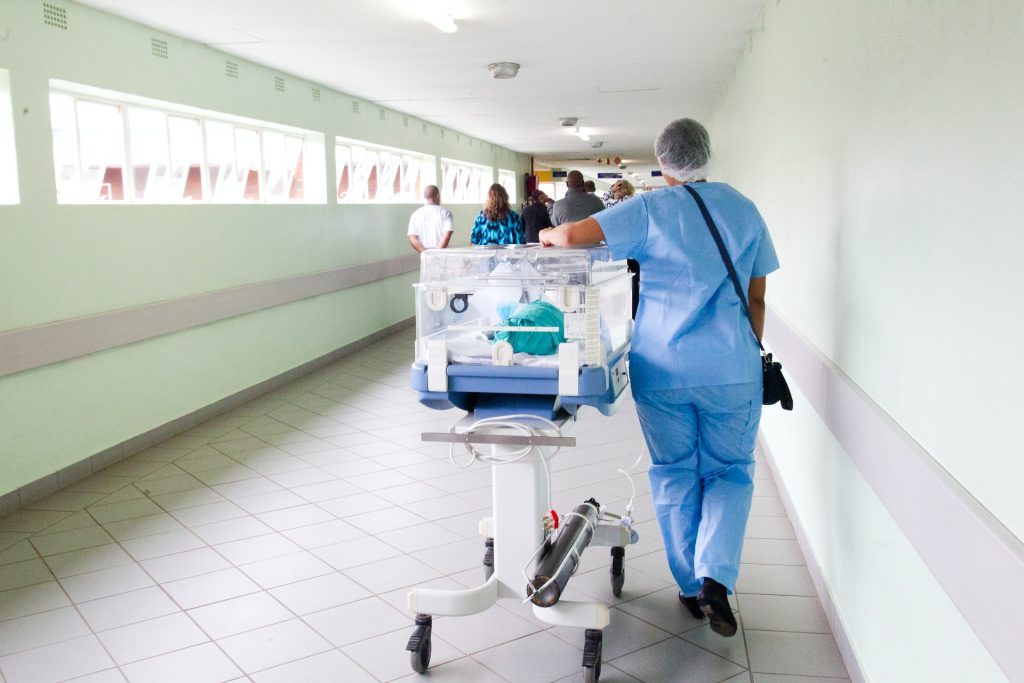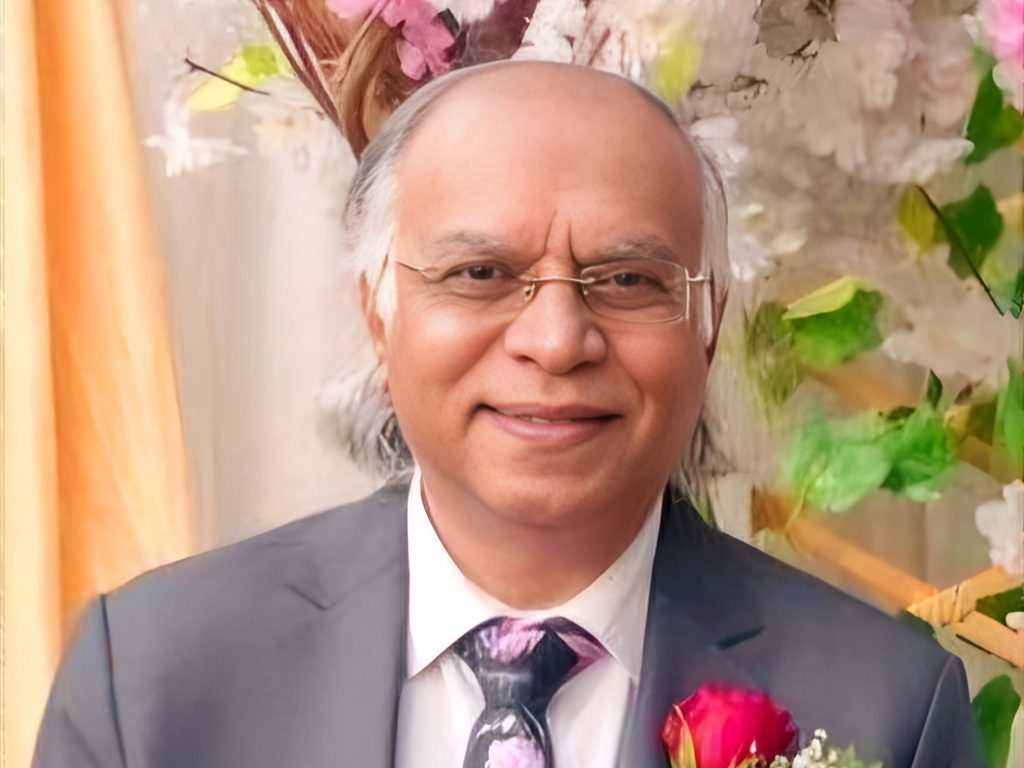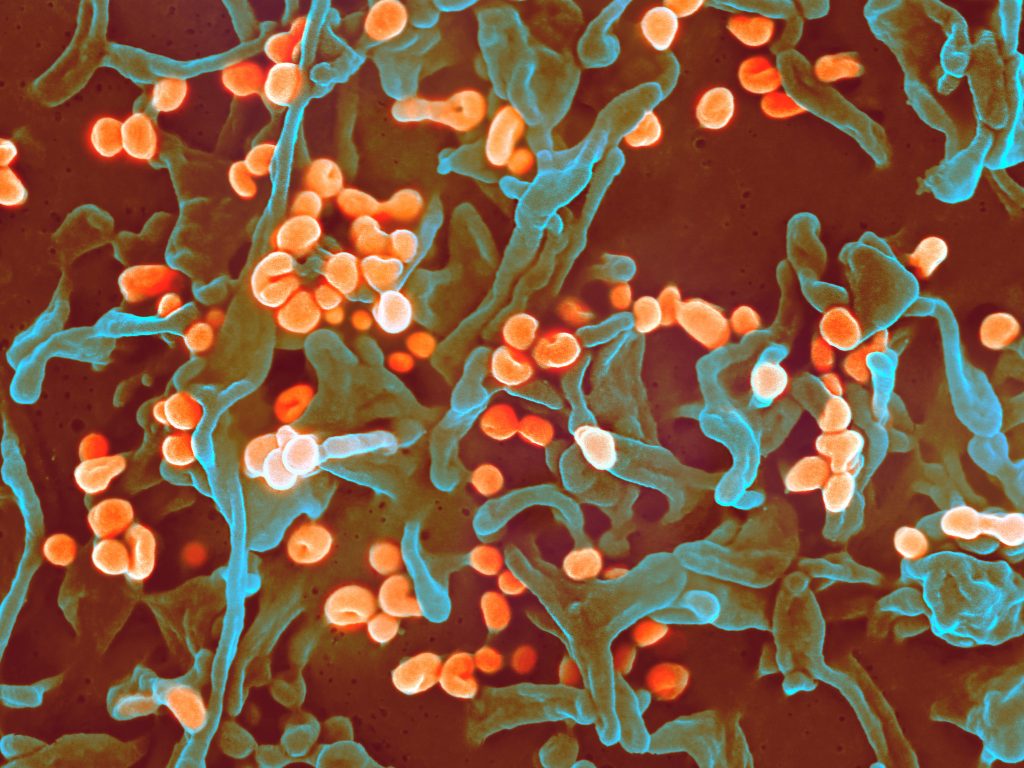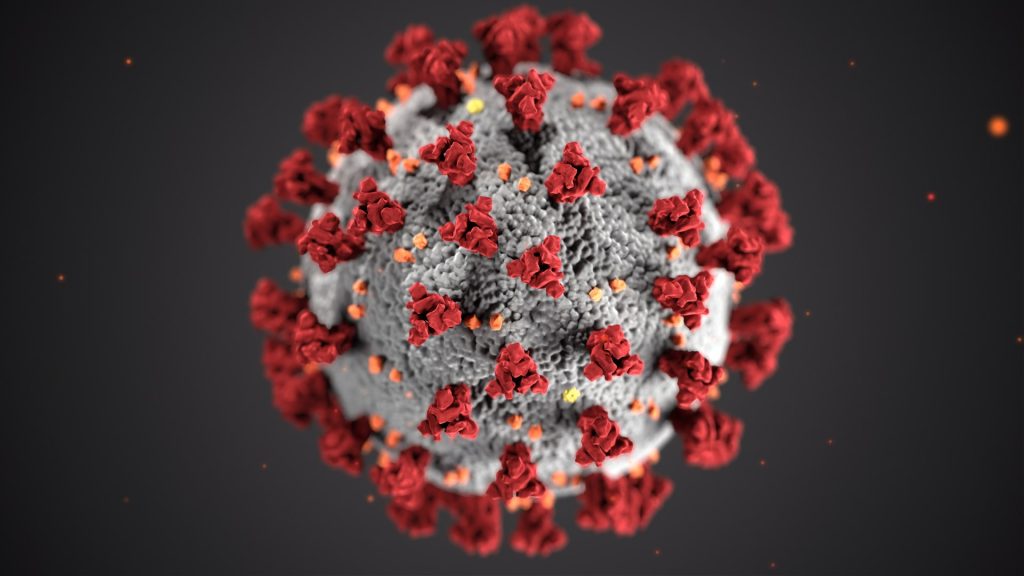‘We Can’t Save Them Anymore’: Doctors Raise Alarm About Crippling Cuts at Major KZN Hospital

By Chris Bateman
Doctors have blown the whistle about a crisis at one of KwaZulu-Natal’s most important public hospitals, saying it is functioning far under capacity due to a series of crippling cuts.
The Inkosi Albert Luthuli Central Hospital in Durban’s Cato Manor is operating at around 40% below surgical capacity, according to senior doctors there. As one of a small number of central hospitals in South Africa, it provides specialist services unavailable elsewhere in KwaZulu-Natal and serves as a critical hub for training healthcare workers.
Several doctors who work at Albert Luthuli, who asked to remain anonymous for fear of reprisals, told Spotlight that frozen posts, severely understaffed ICUs, shortages of surgical consumables, and delays in diagnostic tests have combined to drive an austerity-fuelled collapse they say is costing lives.
One doctor said theatre slates – daily surgery schedules – have been cut by as much as 60% compared to pre-pandemic levels. Some described the situation as worse than during COVID-19, when all elective surgeries were cancelled.
“Patients have to wait or be sent home when they can’t get on a theatre list. Then they’re either lost to follow-up or they present ‘in extremis’ later,” said one senior doctor. “Paediatric cases are among the worst. They should be referred on day one, but because of ICU nursing shortages they only get admitted on day four or five – if at all. Often, they’re too ill for our care to be effective.”
Spotlight put these allegations to the KwaZulu-Natal Department of Health, but the department had not responded by deadline despite several follow-ups.
Collapsing specialist services
Albert Luthuli is KwaZulu-Natal’s only public hospital with a functioning cardiac unit, according to one of the doctors who spoke to Spotlight. The doctor said the province has just one adult cardiologist in the public sector who sees over 60 patients per day and that cardiac surgeries have dropped from 600 per year to under 300 projected for 2025. By contrast, there are over 30 adult cardiologists working in the private sector in the province.
Anaesthesiology is among the hardest hit areas. According to Spotlight’s sources, eight anaesthetic consultants resigned in the past year, citing burnout and workload. Where nine or ten theatre slates once ran daily, there are now only four or five. Eleven anaesthetists remain to cover 19 theatres.
“I never thought I’d see the day when I wouldn’t want to come in. We are four ICU consultants covering nine beds. ICU needs one nurse per bed, but we’re usually staffed with six or seven nurses in total. Across six ICUs, we’ve got 25 nurses. We pull in ward staff or rely on overtime. You can’t have one nurse running between beds – it spreads infection, mistakes happen. It’s impossible,” one ICU doctor told Spotlight.
Doctors estimate a 45% shortage of qualified ICU nurses. “It’s like airplanes circling, running out of fuel, and crashing before they can land,” one senior doctor said. “Patients deteriorate while waiting for beds or for a theatre list to open.”
Specialist theatre nursing posts have also been cut, compounding the strain.
Registrars squeezed, training undermined
The hospital is meant to offer advanced procedures, experimental treatments, innovative research, and specialist training. Instead, registrars – these are doctors in specialist training – say they are losing out on irreplaceable experience.
Junior registrars are allegedly blocked from logging procedures they need to qualify, because seniors are prioritised to assist with the shrinking pool of operations.
Spotlight has seen a grievance letter from the Anaesthetics Department’s Registrar Representative, addressed to the hospital CEO, medical manager, the SA Society of Anaesthesiologists, and training stakeholders. It warns that the consultant exodus has left registrars running high-risk cases with inadequate supervision, “directly compromising both patient safety and registrar training.”
One senior doctor said theatre usage had more than halved in recent months compared to historical averages. With no new registrar intake and no appointments of departed registrars to consultant posts, it is projected only 10 or 12 permanent consultants will remain for the hospital’s 846 beds – there should be at least 21 consultants. (A registrar becomes a consultant, or qualified specialist, once their training is complete.)
“This is no longer a looming concern, but an active crisis,” the letter warned, threatening patient safety, staff wellbeing, and the integrity of training in KwaZulu-Natal.
“What they broke in six months will take years to fix,” said one registrar.
But some are more positive. Professor Dean Gopalan, Head of Anaesthesiology, Pain Medicine & Critical Care at UKZN’s School of Medicine, said austerity cuts had dented efforts to achieve excellence, but “we remain above required training norms”. He said he was awaiting feedback from the Health Professions Council (HPCSA), which inspected the hospital in July and raised concerns about specialist and nurse shortages. Spotlight followed up with the HPCSA, but had not received a response by the time of publication.
Not all departments are as fortunate. One doctor said it would be “almost impossible” to meet training accreditation standards for cardiology given the patient workload.
Human cost
Doctors say the crisis is most visible in paediatric congenital heart disease cases.
“These children could live normal lives if operated on early. Instead, they wait until they are drastically sick before making the theatre slate – often six months later,” said one doctor. “People forget surgery is also a primary healthcare intervention. Breadwinners sit at home unable to work, while their families suffer.”
In orthopaedics, doctors say the waiting list exceeds 1 300 patients, with the first elective surgery dates only available in March 2028. Before COVID-19, they say the waiting period was seven months.
“Many patients are unable to work due to their conditions and would be able to get back to work if they had their operations,” said one source. “We try prioritising them, but then you put them ahead of others also in severe pain. Complications are already coming in from other hospitals due to unavailable implants and delayed treatments.”
Procurement freeze
Several doctors trace the crisis to a “G77 notice” issued by the KZN Department of Health on 14 November 2024, freezing new purchase orders until April 2025 to “manage accruals” and reduce overspending. Exceptions required approval from head office.
While a less prescriptive circular has since replaced it, procurement remains “extremely difficult”, sources said.
Doctors said the freeze caused months-long delays in acquiring consumables, drugs, and equipment. “We’re almost at the point where we’re only doing emergencies,” said one doctor. “We prioritise cancer patients for chemo or radiation instead of urgently needed surgery. But in cardiac surgery, there’s definite mortality. You can’t avoid it when you can’t do bypasses or valve replacements. Waiting lists are years long.”
One anaesthetist recalled a patient being “closed” mid-operation because a critical consumable was unavailable.
A national problem?
The situation at Albert Luthuli hospital partly reflects a wider national crisis in specialist care. A 2019 government strategy paper noted only 16.5 specialists per 100 000 people overall, with just seven per 100 000 in the public sector, compared to 69 per 100 000 in private.
Professor Eric Buch, CEO of the Colleges of Medicine of SA, said austerity has worsened matters by reducing registrar posts and constricting the pipeline. “Specialist posts are being frozen, impeding access to specialist care and reducing the number of specialists available to train registrars. Even before austerity we had far too few specialists. Some registrars waited up to two years for a post.”
The Albert Luthuli hospital crisis is “not unique”, said Dr Reno Morar, COO of Nelson Mandela University’s Faculty of Health Sciences.
“Equity of access to specialised services simply does not exist,” he said. “Despite the mess, there are pockets of excellence, but there’s no strategic national vision for highly specialised services.”
Health Ombud Professor Taole Mokoena told Spotlight his office had not specifically investigated Albert Luthuli, but said that, “sadly, there are reports not dissimilar from many hospitals in the country,” citing Helen Joseph Hospital in Johannesburg and Robert Mangaliso Sobukwe Hospital in Kimberley.
Doctors at Albert Luthuli hospital have indicated to Spotlight they will lodge a formal complaint with the health Ombud.
Posts advertised
While the KZN Department of Health did not respond to Spotlight’s questions, there are signs of movement. Two days after we requested comment, a circular went out advertising dozens of specialist posts across provincial referral hospitals, including 12 anaesthetics posts, five of them at Albert Luthuli, plus 100 staff nurse and 50 registered nurse posts.
We also understand that an internal briefing of department heads was called for 27 August, 36 hours after Spotlight’s first request for comment.
Doctors, however, remain sceptical.
“Nothing will change for six months as we go through the interview, verification, and induction processes. Why did they take so long to listen? The damage is done. Relief is 18 to 24 months too late,” said one doctor.
Another senior doctor said that with each resignation over the past year, he lined up replacements and pleaded in vain for permission to advertise. “Since posts reopened this week, I know of just one applicant. Do they expect specialists to suddenly appear out of the woodwork?”
The job advertisements are for “far less than what has been lost and needed. And it’s far more than just numbers – it’s skills and experience”, noted another doctor. “It will take years to get back to where we were.”
Despair among staff
Several doctors expressed despair at what they see as a lack of urgency from government.
“It makes me wonder how resources are managed. Local cuts feel disproportionate compared to national ones. It’s disheartening. Some of us are here to make a difference, but we’re starting to lose hope,” one said.
Another added: “If you know there’s light at the end of the tunnel, you can keep going. But when it feels endless, it’s damn hard. We try to hide our disenchantment, but it’s becoming impossible.”
Republished from Spotlight under a Creative Commons licence.
Read the original article.







